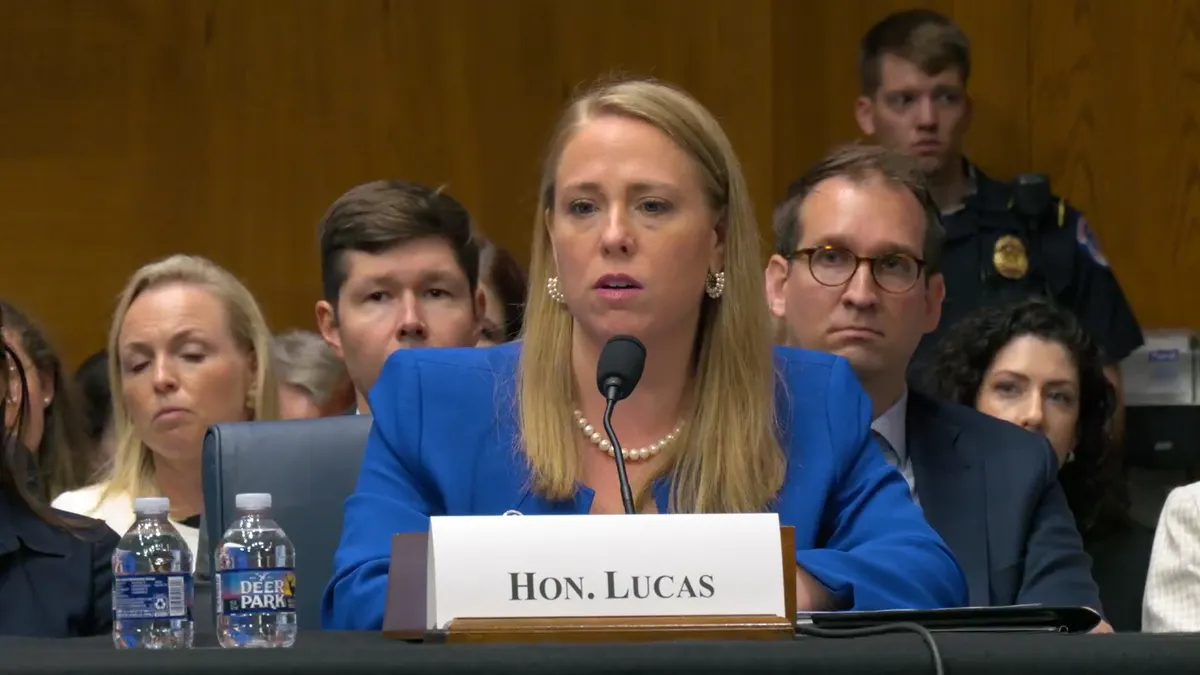Ian A. Wright is a partner in Alston & Bird’s Labor & Employment Group. Kaitlin Owen is a senior associate in the group.
The U.S. Supreme Court last month held in Bissonnette v. LePage Bakeries that drivers outside the transportation industry may be exempt from arbitration.
As a result, HR professionals can expect to see an increase in employee push back against arbitration agreements. To prepare, they should review job descriptions, revisit any exiting arbitration agreements and consider whether to pursue other avenues to insulate their companies from class actions.
Background on the case
In Bissonnette, the high court interpreted the scope of a carve-out for transportation workers to include distributors under Section 1 of the Federal Arbitration Act. Section 1 excludes all “contracts and employment of seaman, railroad employees, or any other class of workers engaged in foreign or interstate commerce” from mandatory arbitration under the FAA. In a unanimous opinion, the Court held that a transportation worker need not work in the transportation industry to be exempt from binding arbitration under the FAA.
LePage Bakeries produced baked goods that, in certain situations, it then sold to subsidiaries that acted as independent distributors of the goods. The distributors filed a lawsuit alleging that LePage had committed various wage and hour violations, and LePage moved to enforce its arbitration agreements with the distributors. The distributors argued that their claims should remain in court because they were transportation workers subject to the Section 1 carve-out.
The district court disagreed with the distributors and dismissed the case in favor of arbitration. The 2nd U.S. Circuit Court of Appeals affirmed, concluding that the carve-out did not apply because LePage’s chief source of revenue derived from “snack cakes — not transportation services.”
Ultimately, the Supreme Court disagreed with the lower courts and held that the distributors fell within the FAA’s transportation worker exception. The court took issue with the 2nd Circuit’s industry-focused approach and adopted an approach that instead required an analysis of the employee’s duties.
The proper criteria to apply when analyzing whether the transportation carve-out applies, according to the court, is whether the worker is “actively engaged” in the transportation of goods across borders. In reaching its conclusion, the court observed that the 2nd Circuit’s industry-focused approach would lead to “extensive discovery” and “mini-trials on the transportation-industry issue.” However, the court appears to have swapped one slippery slope for another because its duties-based approach seems equally likely to devolve into “mini-trials” on the nature of an employee’s responsibilities.
Although this case involved drivers who were directly involved in transportation, it remains to be seen how lower courts will apply Section 1 in gray areas involving workers who handle goods in interstate commerce but who are not personally responsible for the transport of those goods. Businesses in nearly every industry employ workers who handle products from another state or country and the court’s decision provides little to no guidance on how these workers would be treated under Section 1’s exemption. It also remains unclear how regularly workers must engage with goods in interstate commerce to be considered a “transportation worker.”
Employer takeaways
In light of those outstanding questions, employers should anticipate an uptick in employees pushing back on arbitration agreements even if their job duties only tangentially involve the transportation of goods across borders. Given this anticipated increase in challenges, employers should take the following steps.
First, employers should review written job descriptions to ensure they accurately reflect employees’ job duties and responsibilities. In deciding whether an employee falls within the Section 1 exemption, a court may consider an employee’s written job description and whether it supports a finding that the employee is actively engaged in the transport of goods.
Second, employers should review their arbitration agreements to confirm they contain an applicable state arbitration law (if one exists) as an alternative to the FAA if the worker’s duties are determined to fall within the Section 1 carve-out. A state law alternative to arbitration may provide employers with a fail-safe option in the event a court deems the Section 1 exemption applicable to a category of workers.
Third, even if employers may no longer compel arbitration with certain classes of workers, they can still insulate themselves from class actions by ensuring that their arbitration agreements contain iron-clad class action waivers and severability clauses. A well-drafted class action waiver can annul the steep expense and annoyance of class action lawsuits, regardless of whether the employee works within the transportation industry.





















